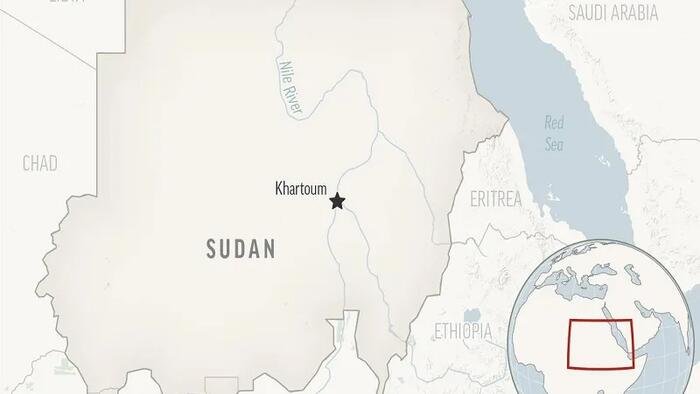Authored by Andrew Korybko via substack
The pretext is to jointly contain Russian and Iranian influence in the broader region amidst their recent setbacks in the Levant…
Bloomberg recently released an in-depth report detailing how the civil war in Sudan has been fueled by Russian and Iranian support. The article explains how the Sudanese Armed Forces (SAF) have experienced a change in fortunes in the ongoing conflict, attributed to the backing of Russia and Iran. Russia is said to provide fuel, arms, and jet components, while Iran supplies arms and drones in exchange for access to Sudan’s mineral wealth, particularly gold, and the promise of naval bases along the Red Sea.
The Russian strategy in Africa follows a similar pattern to what was discussed earlier in 2023, where Moscow provides military support to Global South partners to protect them from external threats to their democratic models in exchange for resource rights. Iran’s approach is also driven by ideology, considering the historic ties between the SAF and political Islam since the rise of former leader Omar al-Bashir in 1989.
With Russia facing potential loss of bases in Syria and Iran’s regional allies suffering setbacks, the two countries are looking to bolster their influence in Sudan as a counterbalance.
Aside from Russian and Iranian involvement, Egypt and Turkiye are reportedly supporting the SAF, while the UAE and Libyan forces backing the Rapid Support Forces (RSF) pose a rival faction. The complexity of the conflict is further highlighted by the presence of Emirati mineral companies in Port Sudan, controlled by the SAF.
The article also mentions Russia’s recent veto of a UNSC resolution on Sudan, which was seen as a move to prevent Western intervention in the country. However, the threat of foreign meddling persists, as indicated by Bloomberg’s report, potentially aimed at garnering support for Western involvement in the region to counter Russian and Iranian influence.
As the US transitions to a new administration, there are concerns about a tougher stance on Iran, which could lead to increased US involvement in Sudan to weaken Russian and Iranian influence. However, the feasibility of significant actions like a naval blockade or a no-fly zone is questioned due to regional dynamics and existing alliances.
Overall, Bloomberg’s article may influence future US policy towards Sudan under the new administration, though the potential for being dragged into another prolonged conflict remains a point of contention.
From a strategic standpoint, focusing on brokering peace in Ukraine and managing relations with China might be more beneficial for the US in the long run.
Loading…

